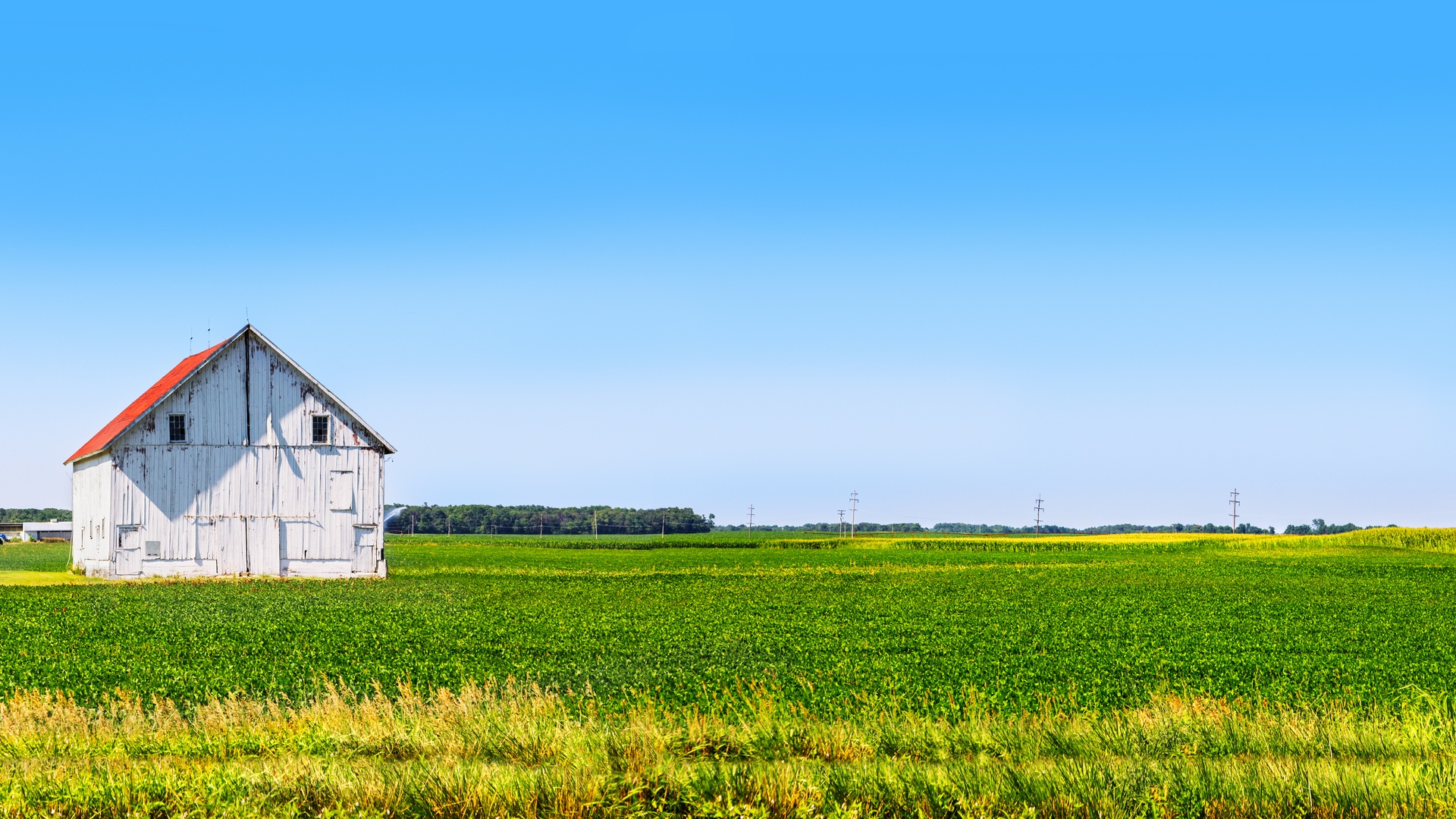Key Considerations Before Leasing Farmland

Leasing farmland is an excellent choice for people looking to enter agriculture or expand their existing farming operations. It’s a cost-effective way to access land without the hefty upfront investment of buying property.
However, rushing into a farmland lease without proper due diligence might lead to challenges down the line. Here, we’re exploring several key considerations before leasing farmland, including how to maintain a profitable arrangement.
Evaluate the Soil's Health and Fertility
The productivity of farmland hinges on its soil quality. Before committing to a lease, conduct soil tests to analyze key aspects like pH levels, nutrient content, and drainage capacity.
Healthy soil boosts crop yields, while poor-quality soil could demand expensive amendments and lower profitability. Work with local agricultural extension services or soil testing labs to understand the land’s potential. If the soil requires significant improvements, consider negotiating these costs with the landowner.
Secure Access to Water Rights and Consider Regulations
Water is an essential resource for farming, and its availability can make or break your leasing decision. Investigate whether the land has reliable water sources, such as wells, irrigation systems, or river access, and verify water rights.
Regulations around water usage can vary by location, so familiarize yourself with the rules in your area. For instance, in regions like California, water rights are complex and heavily regulated, impacting your ability to farm efficiently.
Examine the Lease Terms in Detail
The terms of a farmland lease dictate your rights as a tenant and the overall profitability of your farming venture. Pay close attention to critical details, such as lease duration, rent structure, renewal options, and early termination clauses.
Leases can be short-term, ideal for annual crops, or long-term, better suited for perennial crops or infrastructure investments. Make sure any agreements support your farming goals, and don’t hesitate to negotiate adjustments before signing. Reviewing these terms with a lawyer or agricultural consultant will protect your interests.
Confirm Zoning Laws and Permitted Land Use
Local zoning laws and land use restrictions play a significant role in determining what activities you can undertake on leased farmland. For example, make sure the land is classified for agricultural use and aligned with your intended farming operations.
Some areas may restrict livestock, large-scale farming, or certain types of crops. Ignoring these details leads to legal challenges, so verify the zoning regulations to avoid future complications.
Assess Market Conditions and Profitability Factors
A clear understanding of market conditions will help you gauge whether leasing specific farmland aligns with your financial goals and considerations. Research prevailing rental rates for farmland in the area to make sure you are paying market-competitive rent. Additionally, assess crop prices and demand for agricultural products in your region.
Market trends can influence the types of crops you grow and your ability to generate profits. By aligning lease costs with expected revenues, you position yourself for a successful farming operation.
Leasing farmland isn’t solely about finding available land. It also requires negotiating fair, profitable farm lease agreements that support both parties’ goals. Farmers should aim to build a collaborative relationship with landowners to address concerns like soil care, infrastructure upgrades, and long-term commitments.







